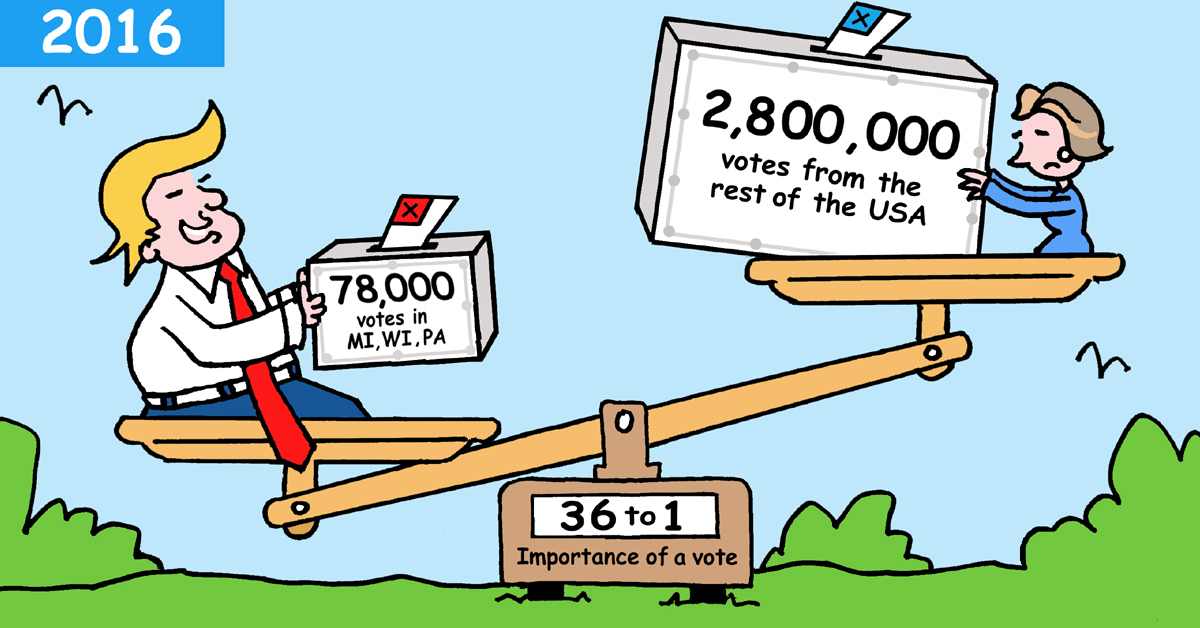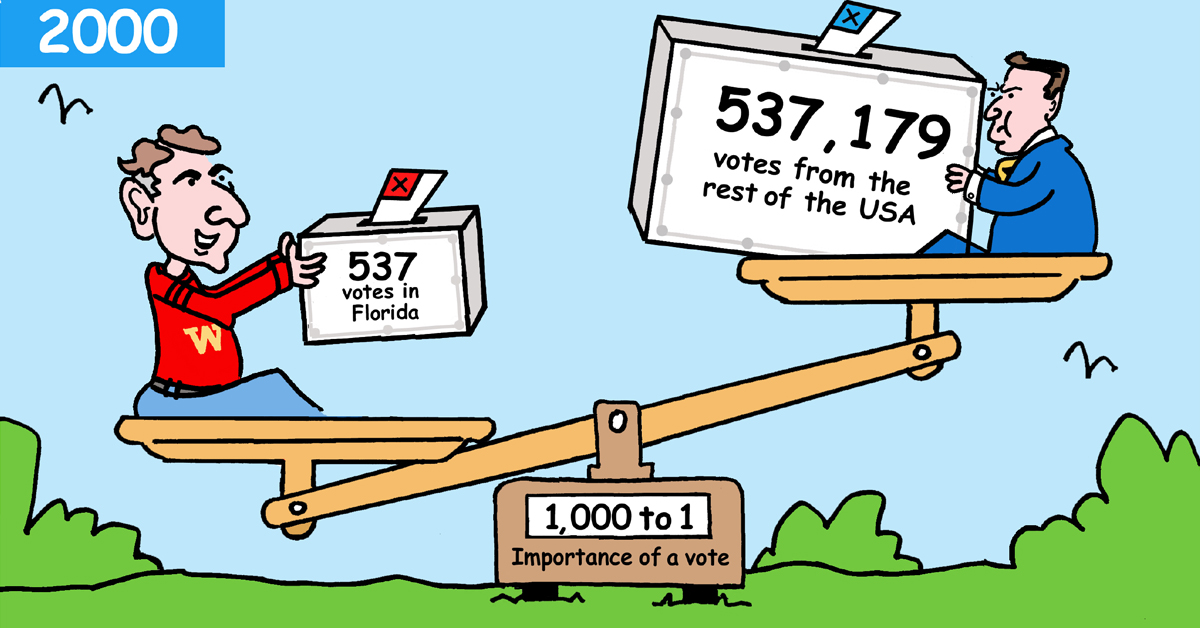Part
01
of three
Part
01
How much does a US presidential campaign cost?
Key Takeaways
- Based on the last three elections, the average cost of a presidential campaign is $1.1 billion.
- The key areas of spending during the 2020 U.S. presidential election include fundraising, media buys, digital ad spending, staff/administrative expenses, and national convention costs.
- Biden's presidential campaign spent $236.8 million on advertising. For instance, his "Who We Are" ad cost him about $205,670. He also spent at least $115.1 million on online ads.
- Donald Trump's net worth when he was elected in 2016 was approximately $4.5 billion, while Hilary Clinton's was about $45 million in the same year.
Introduction
Below are quantitative data points on the cost of running a presidential campaign, a comparison of the expenses of selected winning campaigns in the last 50 years, the net worth of the previous three presidents (before they were elected), and their major competitors.
Average Cost of a Presidential Campaign
- Based on the last three elections, the average cost of a presidential campaign is $1.1 billion. The figure was triangulated by calculating the average from the spending of the winners and runner-ups from the last three elections:
- In 2020, Joe Biden spent $1.7 billion, while Donald Trump spent $1.9 billion.
- In 2016, Hilary Clinton spent $1.2 billion and Donald Trump spent $616 million.
- In 2012, Barack Obama spent $737 million, compared to Mick Romney's $483 million.
- The calculation: ($1.7 billion+$1.9 billion+$1.2 billion+$616 million+$737 million+$483 million)/6=$1.1 billion
Breakdown of Election Costs Based on the 2020 Election
- The key areas of spending during the 2020 U.S. presidential election include fundraising, media buys, digital ad spending, staff/administrative expenses, and national convention costs.
- Biden's campaign raised $531 million through fundraising, while he spent $19 million on fundraising. The Trump team spent $16.7 million on fundraising, while his committee fundraised $476.3 million as of August 31, 2020.
- Biden's team paid $43.2 million in salaries and 21.4 million in administrative costs. On the other hand, Trump spent $18.5 million on salaries and $41.5 million on administrative costs.
- Biden's presidential campaign spent $236.8 million on advertising. For instance, his "Who We Are" ad cost him about $205,670. He also spent at least $115.1 million on online ads.
- Trump dedicated $221.5 million to media buys. His 2019 anti-Biden campaign — “Coup,” cost him an estimated $386,730. He also spent at least $186.2 million on digital advertising.
Comparison of Historical Costs of Winning Campaigns
- In 2008, the Obama presidential campaign, which won the election, spent an estimated $730 - $760 million (the figures vary slightly depending on the source).
- During the 1996 U.S. presidential election, the incumbent Democratic President Bill Clinton won the election, having spent an estimated $115.4 million.
- In 1980, Ronald Reagan spent $67.5 million on his winning campaign.
- Richard Nixon's 1972 winning campaign cost $61.4 million.
- These data points, along with the chart below, illustrate that the cost of a winning presidential campaign has grown significantly over the years. However, the same is true for runner-up campaigns.
Net Worth of the Last 3-5 Presidents
- Donald Trump's net worth when he was elected in 2016 was approximately $4.5 billion, while Hilary Clinton's was about $45 million in the same year.
- Barack Obama's 2008 pre-election net worth was about $1.3 million. At the time, McCain's, his major competitor's, wealth was estimated at $19.64 million. However, it was noted that his real net worth might have been much higher due to "the major assets being listed in the name of his wife or children, thereby requiring far less detailed disclosure."
- George W. Bush was one of the richest presidential candidates with about $20 million in 2000. His opponent, Albert Arnold Gore Jr, had an estimated net worth ranging from $1.4 to 2.5 million in the same year.
Additional Findings
- Open Secrets reports that the 2020 U.S. presidential election spending reached $14.4 billion, of which congressional races' spending was $8.7 billion and the presidential race $5.7 billion.
Research Strategy
For this research, we leveraged the most reputable sources of information in the public domain, including USA Today, Open Secrets, Review Journal, Fortune, Metrocosm, CNN, Politi Fact, and Roll Call. In addition, the team relied on historical information for some aspects of the research, especially data surrounding the net worth of the former three presidents before running.
It is important to note that the spending figures are not reported consistently across sources. However, since the difference is not significant and we would not be able to provide multiple estimations for each data point, we made sure that all figures used are based on data from the Federal Election Commission and similar government sources, and provided one estimation from a reputable source for each question.





